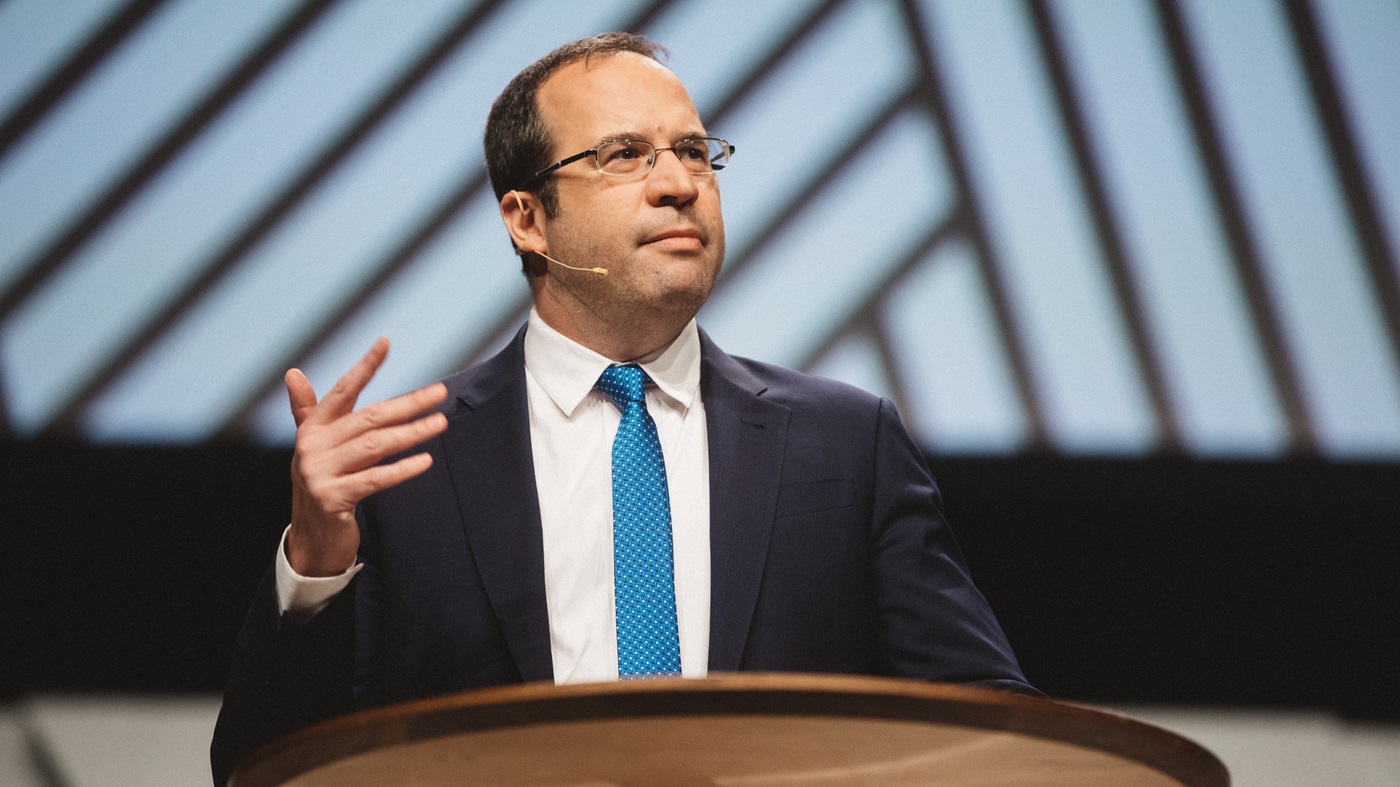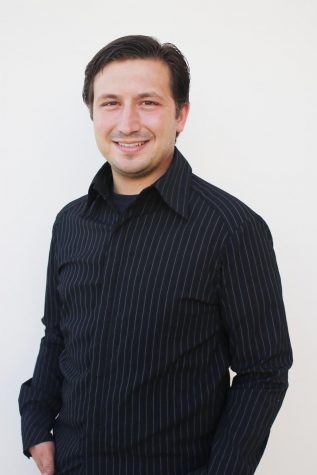There is an irony found in the title of an old Gameboy Advance Kirby game, “Nightmare in Dreamland,” that captures the hidden danger of a recent article written by the CEO of the College Board.
David Coleman writes for Christianity Today that religious and faith-based institutions have a long tradition of treating education as soulcraft, or the development of the human person. And this lesson is deeply needed for the over-driven, task-oriented student. Instead of seeking activities that “look good” on a college application or a job application, we should seek activities that develop the sort of person we wish to become. Coleman believes faith-based institutions have something to teach us.
However, like a nightmare in dreamland, participation in an institution, such as Biola, focused on soulcraft allows us to forget to craft our own soul. We are so consumed with discovering purpose in everyone else or saturated in hearing how others found their own calling that we forget about our own soul. We somehow slide from crafting our own soul to somehow parasitically imbuing someone else’s purpose upon our own life. Instead of crafting our own soul, we become no different than the over-driven, task-oriented student we wanted to avoid.
PUTTING THE CART BEFORE THE HORSE
To say “You are putting the cart before the horse,” is a polite way of telling someone their idea is wrong-headed. You may imagine a high school student who is so worried about which college he will be accepted into, so he fills up his free time with activities to make his application more promising. He is putting the cart before the horse. You can imagine a college student, worrying about if she is taking full advantage of the college experience, enrolling in extra classes and joining as many clubs as possible. She is putting the cart before the horse. You may also imagine someone mid-career, wishing they had the job to make enough money so their family would be happy. Again, this person is putting the cart before the horse. They are all asking the wrong questions.
The Christian tradition of soulcraft involves two aspects, both being captured by questions from “Alice’s Adventure in Wonderland”. First, is the question from the caterpillar—“Who are you?” If you do not know who you are, you cannot begin to answer any important questions about yourself. And second is the question from the Cheshire cat—“Where are you going?” If you do not know where you are going, then any action is just as good as any other. This is to correctly put the horse before the cart, or rather, to put both horses before the cart because crafting your own soul requires you to have knowledge of both who you are and where you plan to go.
TAKING ADVANTAGE OF THE CHRISTIAN UNIVERSITY
The most tempting mistake at a Christian university is to hear the story of someone who found their calling and leave with the moral, “If I do what they did, or I help them do what they are doing, I will become fulfilled.” That is putting the cart before the horse! It is wrong because the answer did not stem by asking the important questions first. Without pursuing knowledge of yourself, or where you are going, you carelessly take hold not of purpose, but of a hollow promise.
The temptation holds so much sway because we not only fail to ask ourselves the two important questions, but we also have no idea how to answer them. Are you a product of social, spiritual and biological conditions? If so, which ones and why? Do your desires and emotions play any role in your purpose? Which desires and why? Is your purpose formed by who you are and what you desire? If so, which ones and how do they actually play out in your life? What about opportunity? If you call out life’s bluff and you find yourself shorthanded, how does that modify or shatter your purpose? A famous moral from the extreme existentialism of “The Dead Poet’s Society” is that if life deals you a hand contrary to your purpose, it is better to die than to live. Is this how “who you are” informs “where you are going”—do or die?
Coleman writes that faith-based institutions have something to teach everyone entering college and pursuing a degree—how do we craft a soul? However, the nightmare in this dreamland is that you entered an institution which focused so much on soulcraft that you leave failing to have crafted your own soul.








